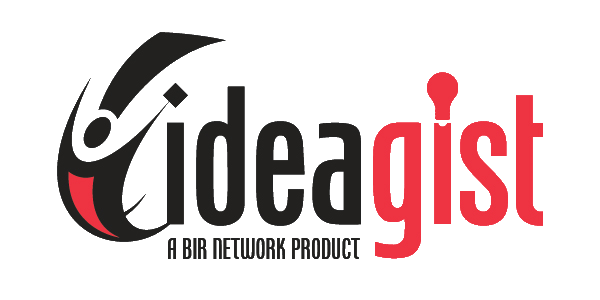In my previous blog, I shared my thoughts on the pros and cons of a virtual incubator. I promised to share with you a global list of virtual incubators in my next blog, but I am still working on it; it is taking longer than I thought. For now, you can access a not-so-current list here.
In this blog, I will cover how an entrepreneur benefits from virtual incubation services. I would look at these services as an entrepreneur, not as a service provider.
What do I need to do with my startup idea and what to avoid?
We all have ideas. Many of us think about starting our own business based on our ideas. Often people get stuck at an initial stage, wondering what steps to take. During this early stage, people can make mistakes that would eventually cost them their business. Traditional incubators have provided mentorship and training programs to help fill the knowledge gap. These programs and coaching sessions are scheduled and often require the entrepreneur to be present in-person. Virtual Incubators can offer this service on-demand, helping entrepreneurs when they need the help, anywhere and anytime.
How do I work on my startup?
It is easy to get conflicting advice from people on a specific topic without considering the full situation. As an entrepreneur, you are challenged to decide between doing something one way or the other. Try asking a question, how do I register my company? Virtual Incubators can provide multiple examples and templates on how to do a specific task, on-demand. For example, on IdeaGist, we offer templates on how to define B2B or B2C customers. IdeaGist is working with Dr. Brian Abraham, an expert in entrepreneurial ecosystems and a serial entrepreneur, to develop a whole range of knowledge-based decision support tools for entrepreneurs, walking them through the myriad of processes required to legally start a business in good form.
Who can help me with my startup idea without demanding a lot of cash?
As a startup entrepreneur, there is a constant struggle between needs and capital preservation. Support networks can serve as a proxy for paid services. Traditional incubators have provided these networks where likeminded people can meet each other for the purposes of support. While face-to-face meeting opportunities increase the trust level among people, virtual connectivity is equally important. Nowadays, we look people up online before meeting them in-person. How many times have you looked for someone on LinkedIn before meeting with them? Virtual Incubators, like IdeaGist, can accelerate the finding process and connect entrepreneurs with needed mentor skill sets.
Who can invest in my idea or startup?
With the exception of a few ecosystems (Silicon Valley, New York, London, etc.), the majority of metro and rural startup ecosystems do not have easy access to investment capital. In my conversations with hundreds of entrepreneurs from around the world, I have heard the same question: where are the investors? Virtual Incubators like IdeaGist help connect investors with entrepreneurs. Unlike the traditional incubator model, virtual incubators can open opportunities for both investors and entrepreneurs that were not possible in the traditional incubation model.
Where can I find needed services for my startup?
Access to service providers who understand the needs of a startup is one of the strongest values to joining an incubator. Often, service providers are pre-vetted to build a level of confidence and trust between entrepreneur and service provider. With the rise of virtual services, people can hire an SEO expert from India, a graphic designer from Russia, a web development firm from Brazil, or a virtual assistant from the Philippines. In this competitive landscape not bound by the geographic proximity, virtual incubators can play a matchmaker role with a larger set of choices for entrepreneurs. As a leading virtual incubator, IdeaGist has established a global network of trusted service providers.
I would love to hear more ideas on how a virtual incubator like IdeaGist could help entrepreneurs in a more effective manner.
About the author bias: Hassan Syed is the founder of IdeaGist, the world’s first SaaS-based virtual incubator, offering a turnkey virtual incubator for early-stage ideas to economic development organizations and educational institutions worldwide.
This article was written in collaboration with Institute for Innovators and Entrepreneurs. IIE uses IdeaGist as a “Hand Holder” incubator for their 100 Launches Program.
Special thanks to Dr. Brian Abraham and Dr. Rajiv Tandon for guiding me and making this article look smarter than the author.

